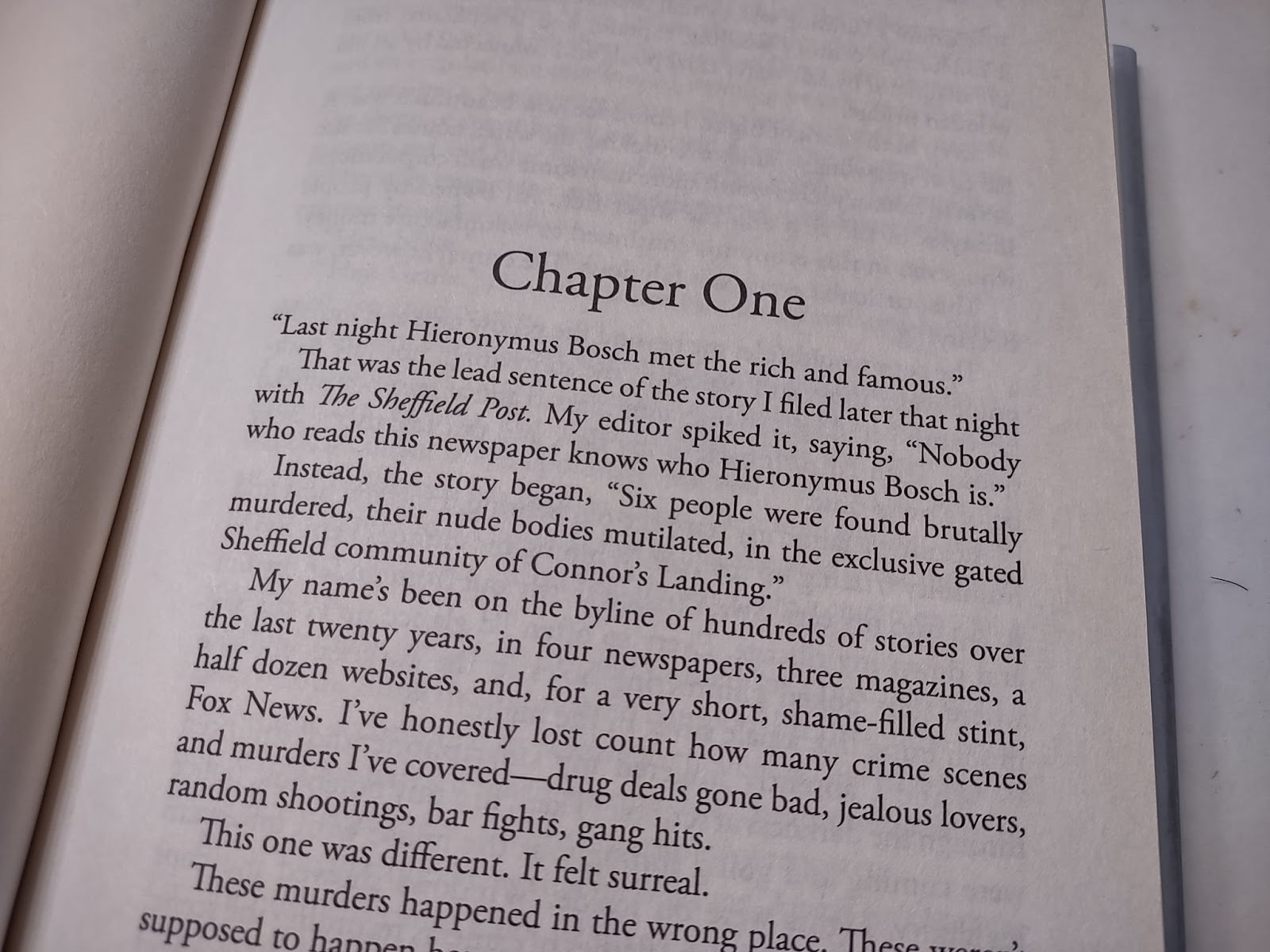by Thomas Kies
Most of us have been there. You go to a planned book signing at a library or a bookstore where nobody has heard of you and you- and maybe your spouse- are the only ones there. Where it’s so quiet you can literally hear the clock ticking in the next room. Where everyone avoids making eye contact with the author.
Or at a book event or authors’ fest where there may be a dozen other writers, but once again, the audience is sparse, and you’ve just spent six hours of your life staring into space.
Those are humbling experiences.
So, I get a lot of requests for attendance, but I’ve become much more selective. Let’s face it, time is a precious commodity.
One of the events I do attend is something called the Olde Beaufort Farmer’s Market. Now, admittedly, this sounds like it could be lame. Can you really sell books in the same location that feature fruits, vegetables, and crochet animals?
Yeah, at this one you can. At one point Beaufort was named the coolest small town in America. It’s got a vibe. And the Farmers Market isn’t’ just for farmers. It’s also got some very eclectic items on sale, like gourmet coffees, baked goods, fine arts, cool jewelry, funky clothes and, of course, shrimp. We are, after all, on the coast of North Carolina.
During the summer, this is an event that takes place every week, but once a year, they ask local authors to attend. I love this event.
This past weekend, I went through cases of my novels. The people who attend this event are both locals and tourists, both of whom come to spend money.
Yeah, you still have to work the crowd. You have to make eye contact. If they look interested, you ask them, “Do you like mysteries?” If they say no or tell you they don’t like to read, send them packing. They’re not going to read your books.
If they say “yes”, you’ve got them. Engage them in conversation, tell them about your books, how you came to create your protagonist, the writing process, and what makes your books special. Try to do it with humor and humility.
Accent on the humor.
What’s fun is if they’ve heard of you or seen your books somewhere before.
There was one woman, when she spotted a poster featuring my first book, Random Road, rushed to my booth with her friends and exclaimed, “I just read that book. Are you really the author?”
I live for those moments. She kept telling everyone around us how much she enjoyed the novel and then proceeded to buy the rest of the books in the series.
And then there was the group of young ladies in the early part of a celebration of their friend’s looming nuptials. Seeing the future bride, I gave her a signed copy of Random Road as a gift and told her, “Here, you can take this on your honeymoon.”
The group broke out in laughter. She smiled at me and purred, “If nothing else, I’ll read it by the pool.” Two others in her entourage bought books.
Obviously, it helps if you’re an extrovert, which I am, and enjoy talking with people. What I also love is that if they buy one book, they’ll order more. I always see a spike in online sales after this event.
Make sure you can take credit cards; more and more people don't carry cash anymore. And more than once, a younger buyer asked if I use Venmo. I don't, but I might have to take a look at it.
So, I try to be selective these days when and where I spend time with my books. But I also try to keep an open mind. You never know where there will be an unexpected success.






